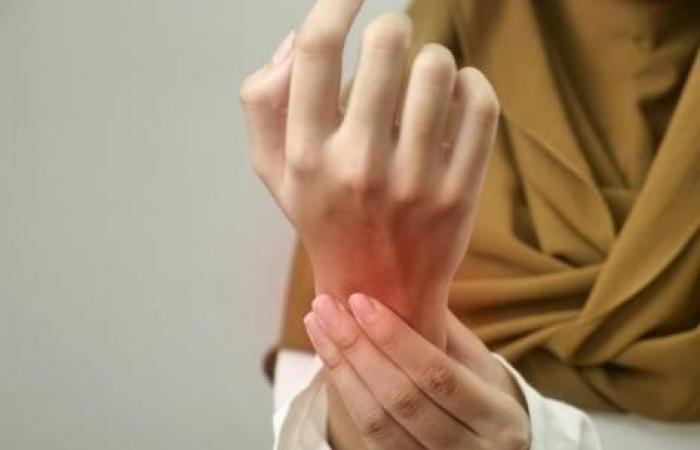THE ESSENTIAL
- According to a recent study, 80% of women reported that their rheumatoid arthritis worsened during menopause, and 10% of them noted a severe worsening.
- Nearly 93% of volunteers reported having no medical discussions about menopause with a doctor. Among the small group who spoke, this was most often with their GP and concerned hormone replacement therapy and osteoporosis.
- Given that this is not currently the case, patients would like to see much more discussion about menopause and better training of rheumatology team members.
“The effects of menopause have recently received particular attention in the press. Anecdotally, women report changes in their rheumatoid arthritis around the time of menopause, either the onset or worsening of symptoms. It is clear that there are hormonal influences on rheumatoid arthritis. This is what researchers from Northumbria Healthcare NHS Foundation Trust and the National Rheumatoid Arthritis Society (UK) wrote in a study published in the journal Musculoskeletal Care.
For 80% of patients, rheumatoid arthritis worsened during menopause
As part of the work, they wanted to explore the patient perspective to inform future research and education needs. To carry out the investigation, they recruited, through the National Rheumatoid Arthritis Society, women suffering from this chronic inflammatory joint disease that progresses in flares. Participants were asked to complete a questionnaire about the effects of menopause, changes in rheumatoid arthritis at that time, the use of hormone replacement therapy and any discussions with healthcare professionals. “The free text comments were subject to qualitative analysis.”
A total of 779 volunteers identified as perimenopausal, menopausal or postmenopausal participated in the survey. They were 95% Caucasian, mainly in their 50s, with the onset of menopausal symptoms in their 40s. Overall, 80% of women said their condition got worse during menopause, and 10% of them said it got a lot worse. About half of them (47%) used hormone replacement therapy at some point, and about 80% of this group saw improvement in menopausal symptoms and about 30% saw moderate improvement. or significant symptoms of rheumatoid arthritis.
Rheumatoid arthritis: more doctor-initiated discussions about menopause
“A striking statistic is that 93% of those surveyed have not had a medical discussion about menopause. For those who did, it was most often a discussion with the GP about hormonal treatment substitution and osteoporosis”, can we read in the results. The vast majority (84%) of respondents believe that their rheumatology team needs training on menopause in relation to rheumatoid arthritis.
The qualitative analysis revealed several themes:
- The discussion about menopause only takes place if the patient talks about it;
- Conflicting advice has been given on hormone replacement therapy;
- The symptoms of rheumatoid arthritis and menopause have similarities and are confused;
- The perception of a link between menopause and the onset or deterioration of their rheumatoid arthritis.
According to the authors, more research is needed to clarify the impact of menopause on people with rheumatoid arthritis.
Health






